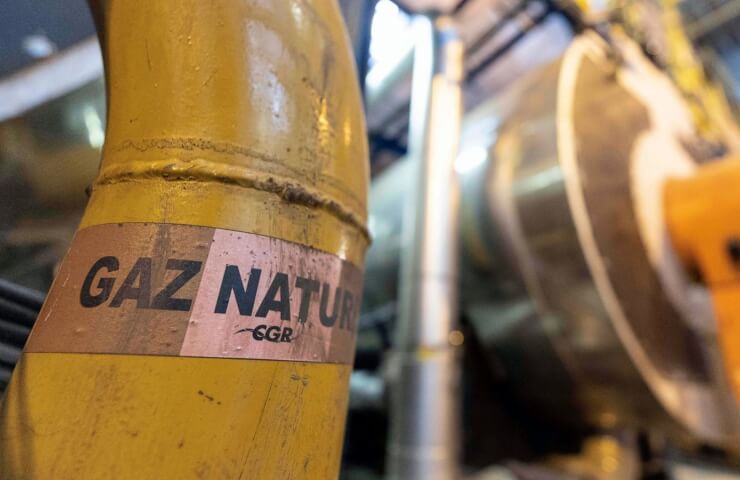The European Union may face a natural gas deficit of almost 30 bcm in 2023, the International Energy Agency (IEA) predicts. However, this risk can be avoided through more active measures to improve energy efficiency, deploy renewable energy sources, install heat pumps, promote energy savings and increase gas supplies. Fatih Birol, executive director of the agency, announced this when presenting the results of the study.
“We managed to withstand Russia's energy blackmail. Thanks to our REPowerEU plan, we will reduce the demand for Russian gas by two-thirds by the end of the year, mobilizing up to 300 billion euros of investment. The result of all this is that we are ready for this winter,” said European Commission President Ursula von der Leyen.
“Now we are focusing on preparing for 2023 and next winter. To do this, Europe needs to intensify its efforts in several areas, from international contacts to joint gas purchases and increasing and accelerating the use of renewable energy sources and reducing energy demand,” said the head of the European Commission.
According to the IEA, to to stimulate energy efficiency, it is recommended to expand existing programs and strengthen measures to support the modernization of houses and the introduction of energy efficient equipment and lighting. It also recommends using smarter technologies and encouraging the transition of industry from gas to electricity.
The report also suggests simplifying permits for the installation of renewable energy facilities and providing more financial support for the introduction of heat pumps.
The IEA calls for more campaigns to encourage consumers to reduce their energy consumption and details various programs in many countries that can serve as best practices.




